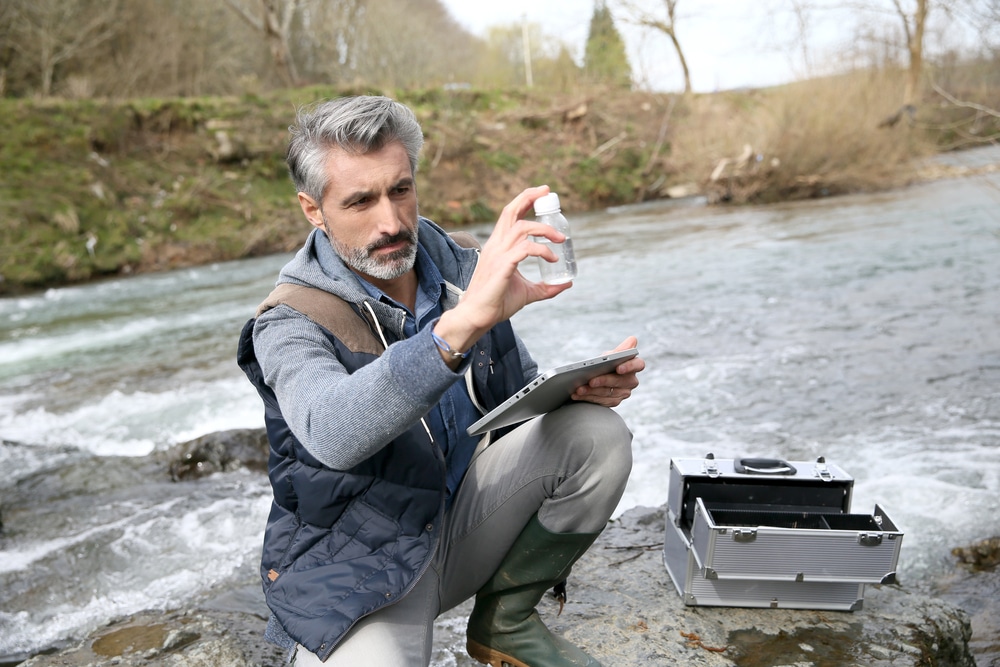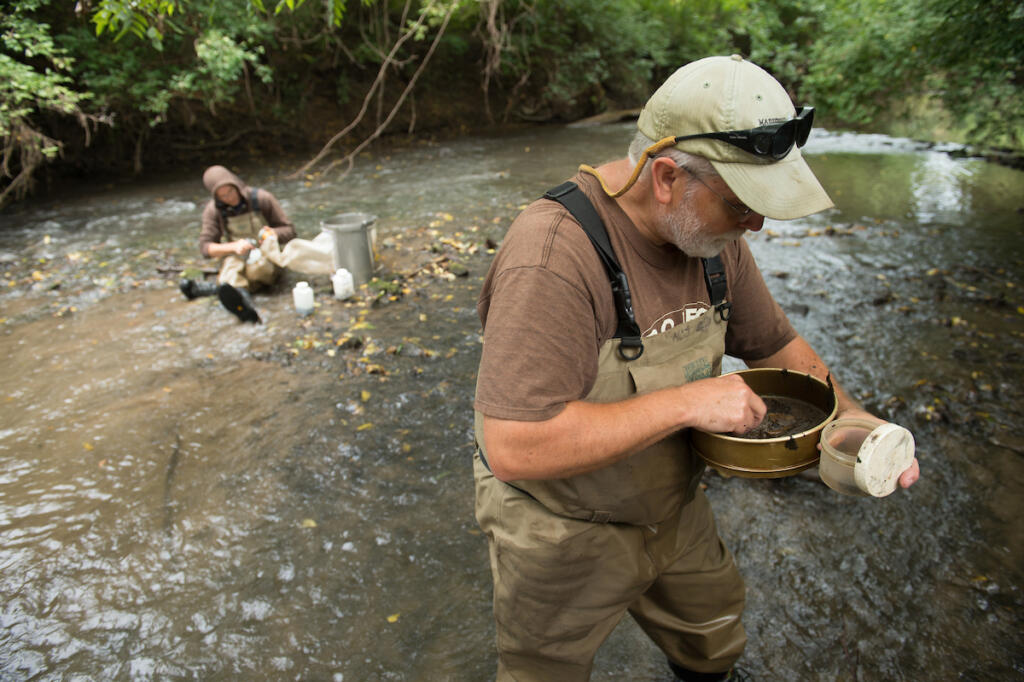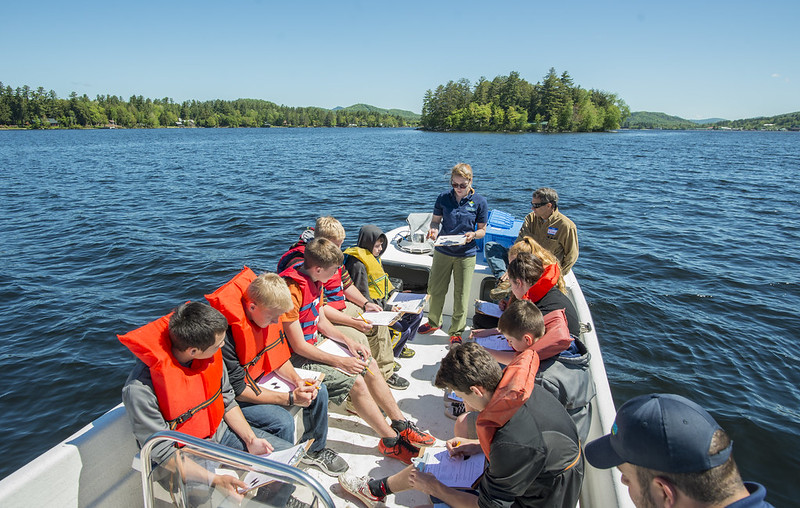
You’ve heard of oceanography, the study of oceans. And marine biology, the study of marine life. But you may be less familiar with limnology, the study of lakes. Limnologists working in this important field help advance scientific research about lake ecosystems, making huge contributions to the environments we love so dearly. Today, we’re taking a broad look at the field as a whole.
What is Limnology?

In short, limnology is the study of lakes. It’s closely related to the field of oceanography, which together with limnology, comprises the study of all aquatic ecosystems. While lakes are often the primary focus of this discipline, that’s not all that’s covered. The field of limnology includes all inland waters, including lakes (both salt lakes and freshwater lakes), rivers, wetlands, reservoirs, streams, and groundwater. If the word sounds confusing, that’s because it originates from the Greek word limne, meaning marsh or pond. Although people have been investigating lakes since ancient history, the field as an organized discipline was founded in 1892 by F.A. Forel, a Swiss scientist. He aimed to create a discipline for aquatic science that integrated studies of different types of lakes.
Where Do Limnologists Work?

Limnologists work in both academia and applied work. In other words, some limnologists spend time conducting scientific experiments while others apply scientific knowledge to the “real world.” In academia, limnologists engage in scholarly research including observational, comparative, and experimental studies. These scientists may also teach at colleges and universities, often near bodies of water. For instance, the University of California- Santa Barbara, ESF, and Western Michigan University are all water-proximal schools known for their limnology programs. In applied work, limnologists may lend their expertise to federal organizations like the Environmental Protection Agency (EPA) or the National Park Service to help government bodies make scientifically informed policy decisions. They may also engage in consultation work in the private sector or at an environmental consulting firm.
What Do Limnologists Study?

Anything and everything about lakes! Limnologists investigate a wide variety of lake-related questions, and most limnologists have a specific specialty. For instance, they may study features of running water or key differences between lakes in various climates. Limnologists may also help answer questions like “How are lakes formed?” “How do lakes recover from coastal disasters?” and “What are the historical trends in ice coverage on lakes?” This type of research is normally conducted at academic institutions, often within an environmental science department, by limnologists with master’s or doctoral degrees. For instance, the University of Wisconsin-Madison’s Center for Limnology and the University of Minnesota’s Limnological Research Center actively engage in scholarly research on these topics.
Why is Limnology Important?

The field of limnology is integral to the well-being of lakes, reservoirs, rivers, and other non-oceanic ecosystems. Without this increasing body of knowledge about lakes, we would know far less about how to take care of our lakes. Specifically, limnology plays a major role in wildlife habitat protection, water use and distribution, water pollution control, and many other facets of lake sustainability. As lake lovers, we have a lot to learn from these scientists about the maintenance and care of these beautiful bodies of water. For more information about this important field, check out the International Society of Limnology and ALSO (Association for the Sciences of Limnology and Oceanography). And as always, we hope you continue to appreciate and enjoy the natural beauty of your lake area!

